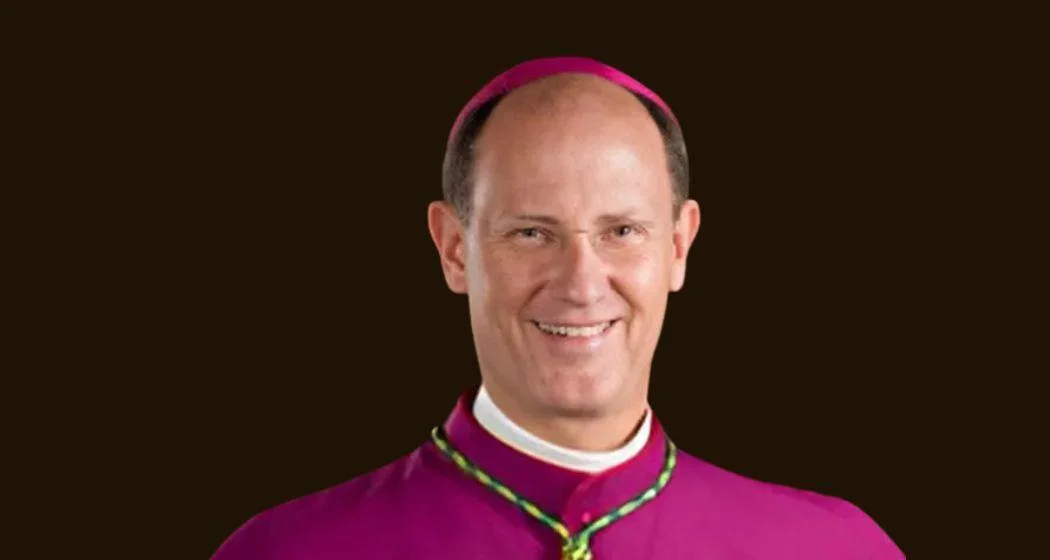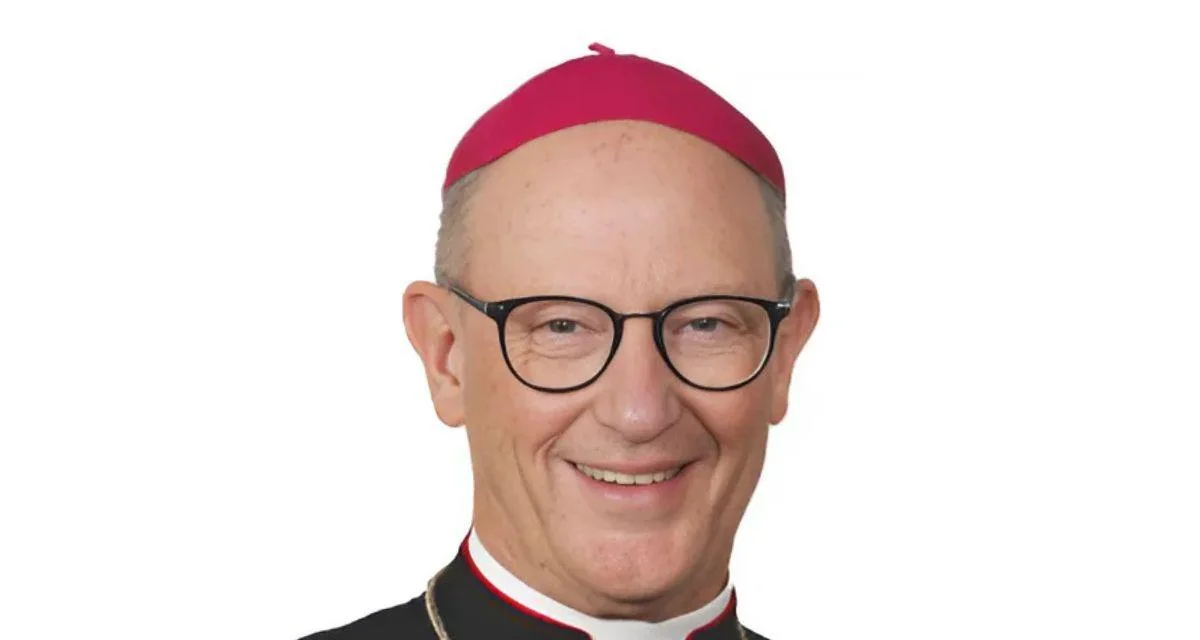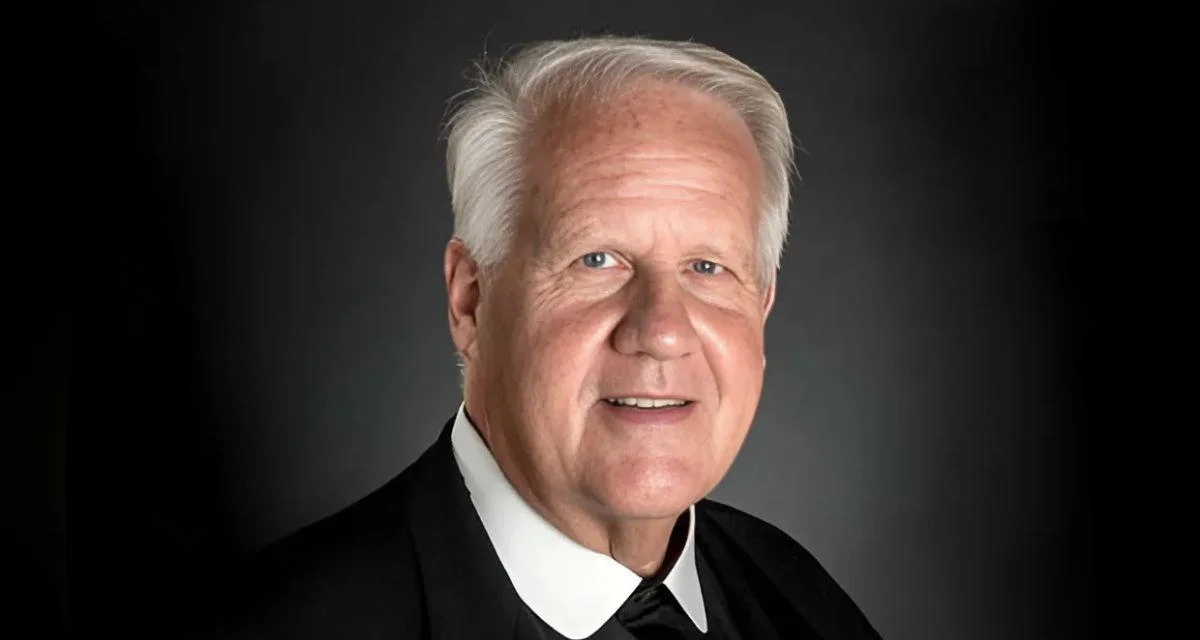
Rev. James D. Conley, D.D., S.T.L. | Diocese of Lincoln website
In a recent discussion on the concept of Heaven, a complex question was posed: How will individuals recognize each other in Heaven if they do not have their deceased bodies until the Final Judgment? The response to this question reveals both the limitations and the scope of human understanding regarding the afterlife.
The average perception of Heaven often includes idyllic scenarios where personal desires are fulfilled without limits. However, this depiction is deemed inaccurate. For those who attend Mass regularly, Heaven is more commonly understood as a place of unity with God, saints, and angels. Yet, when pressed for details about this unity, responses tend to become vague.
The reality is that definitive answers about Heaven remain elusive. What is known is that Heaven involves an eternal existence united with God and the Communion of Saints in love. Pope Benedict XVI described it as an "eternal moment," devoid of time's passage and awareness of before or after.
Experiences in life can offer glimpses into this eternal moment. Instances where individuals lose track of time during profound connections or prayer may reflect aspects of what eternity in Heaven might be like.
Regarding the state of souls apart from bodies until the Final Resurrection, it remains a mystery within the Faith. Any knowledge prior to bodily resurrection relies on God, akin to how angels depend on divine understanding. This suggests that God will act as an intermediary enabling communication and recognition among souls.
While these explanations may not fully satisfy curiosity, they align with the Church's stance on humility and acknowledgment of its own limitations in providing answers beyond its knowledge. Speculation about Heaven is encouraged within faith boundaries but should not overshadow the primary focus: choosing Heaven by cooperating with God's grace over sin.



 Alerts Sign-up
Alerts Sign-up